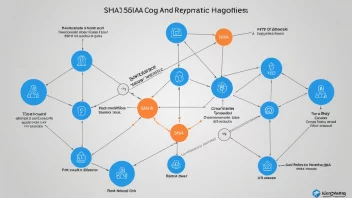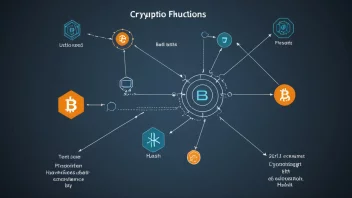The rise of digital nomadism has transformed the way we work, allowing individuals to travel while maintaining their careers. However, this lifestyle comes with its own set of cybersecurity challenges that require awareness and proactive measures to safeguard sensitive information.
As digital nomads often rely on public Wi-Fi, they expose themselves to various cybersecurity threats. Public networks are notoriously insecure, making it easy for hackers to intercept data. To mitigate this risk, it is essential to use a virtual private network (VPN), which encrypts internet traffic and masks the user's IP address, providing an additional layer of security. Moreover, it is crucial to ensure that devices have up-to-date antivirus software and firewalls activated to protect against malware and other cyber threats.
Another critical aspect of cybersecurity for digital nomads is the use of strong passwords and two-factor authentication (2FA). Weak passwords are one of the easiest ways for cybercriminals to gain access to accounts. Using a password manager can help generate and store complex passwords securely. Additionally, enabling 2FA adds an extra layer of protection, requiring users to verify their identity through a secondary method, such as a text message or authentication app.
Data backup is also vital for digital nomads. With the potential for device theft or data loss, having a reliable backup plan can save critical information. Cloud storage services offer a convenient option for backing up important files, allowing access from anywhere while providing protection against hardware failures.
Lastly, being aware of phishing attacks is essential. Cybercriminals often target individuals with emails or messages that appear legitimate, tricking them into providing personal information. Digital nomads should be cautious about clicking on links or downloading attachments from unknown sources. Regularly educating oneself about the latest phishing scams can significantly reduce the risk of falling victim to such attacks.
In conclusion, while the digital nomad lifestyle offers unparalleled freedom and flexibility, it also requires a strong understanding of cybersecurity measures. By utilizing a VPN, implementing strong passwords with 2FA, backing up data, and staying vigilant against phishing attempts, digital nomads can protect their sensitive information while enjoying their travels.






